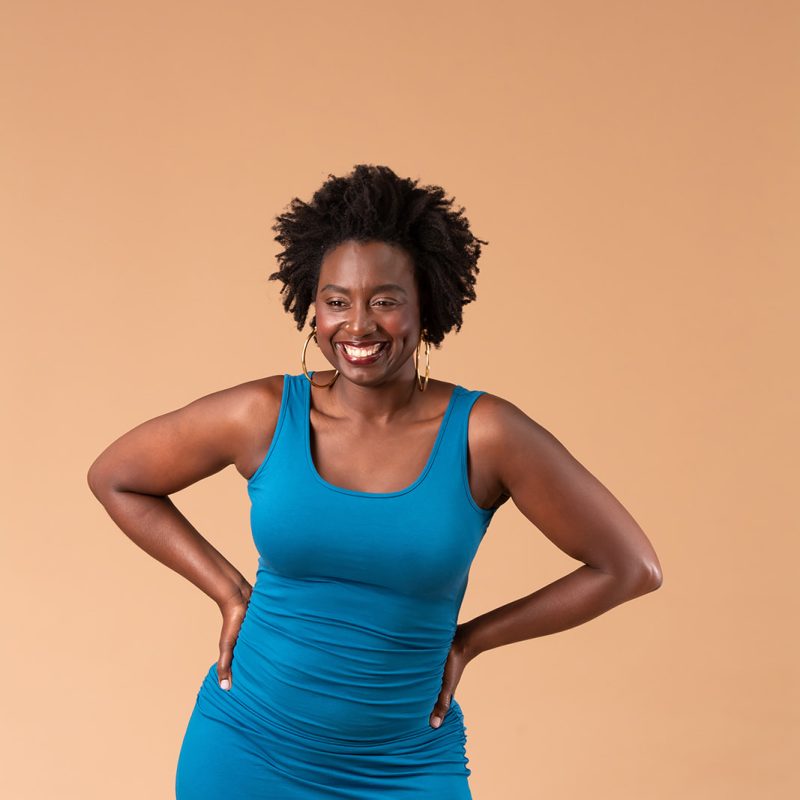Fun Fact: Our lives essentially are a sum of our habits. The repeated small decisions and actions that we make every day throughout our lives can impact many things, from our fitness levels to our happiness to our success. Everything begins with habits. Establishing healthy habits can enhance your physical and mental health and transform your life, but how do you go about it?
Because habits are behaviors we do on autopilot—without thinking—and without effort. In contrast, changing our habits requires us to pause, think about what we’re doing, give a little effort, and might require us to get comfortable with the uncomfortable. We often find habits difficult because we are taught how to adopt them.
As we grow up some are established for us and others just come naturally. We have the expectation that changing or adding them to our lives will be hard—often because we’ve tried in the past and failed. Instead, we need to understand that adopting a new habit is a skill that can be learned, just like any other skill. And once you know the how of habits, it’s a lot of fun.
The Science of Habits
There is an extremely helpful framework to understand how habits work. Using this framework can make it easier to stick to new habits that can improve your relationships, work, health, and just life in general. The process of habit-building can be divided into four steps: cue, craving, response, and reward:
- Cue
This first step is a trigger in your brain that begins a behavior. The trigger comes from a prediction of a reward from the behavior. We are constantly looking in for cues of a reward by analyzing our internal and external environment. To put it into context, we spend most of our time learning cues that predict secondary rewards like money and fame, power and status, praise and approval, love and friendship, or a sense of personal satisfaction.
- Craving
The cue indicates the possibility of a reward, which leads to its craving. This is essentially the motivation behind every habit. When we act, it is because we have the motivation and desire for the outcome. For example, a person is not motivated to clean their room by the task, but by the feeling of cleanliness and organization.
- Response
This is the actual habit you do. It can take the form of a thought or an action. Acting on the response depends on how motivated you are and how much exertion is associated with it. Usually, if it requires more physical or mental effort than you are willing to spend, you won’t do it. So be sure to go easy on yourself.
- Reward
We all love gratification. Rewards are the end goal of every habit. They satisfy our cravings and provide benefits on their own. Food and water deliver the energy you need to survive; a promotion brings more money and respect; getting in shape improves your health. Rewards also teach us which actions are important to remember in the future. Your brain is a reward detector. As you progress through life, your brain continuously examines which actions satisfy your desires and deliver pleasure.
Though thinking about habits can be a little overwhelming, a small action or decision you make to build a habit is a great start. Developing these actions and decisions little by little will help you ease into the habit and be comfortable with it in your everyday routine. By the time you know it, it will feel as if you have been performing the habit forever. Habits can ultimately transform a person and their life. As we become conscious of our unconscious behaviors, we can take control of our lives and go after the life we want.







